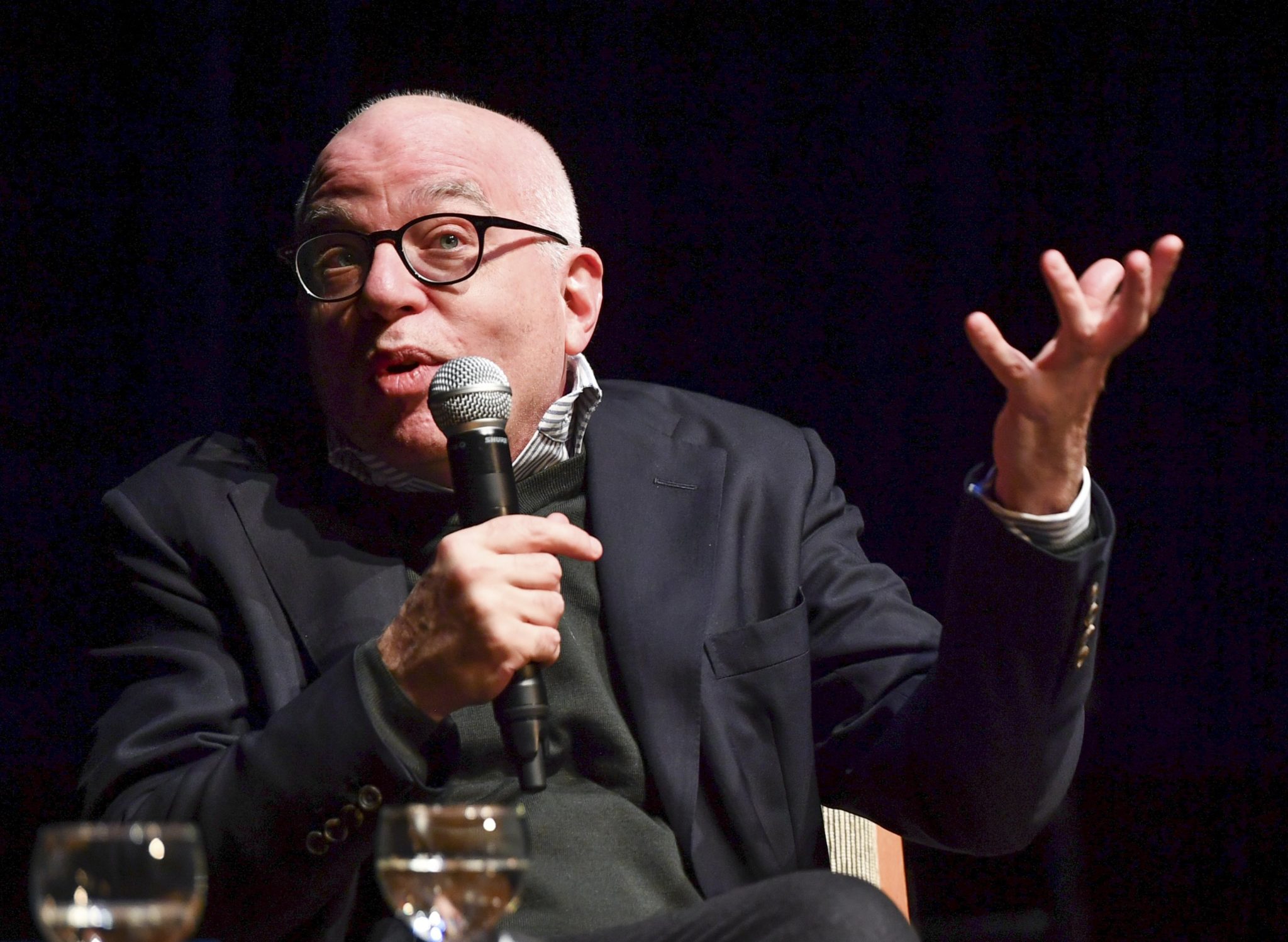Michael Wolff has a new book about President Trump, one he says he wrote without resorting to journalistic niceties like verifying the wild claims inside. For example, Siege includes a claim that Fox News provided questions in advance to Brett Kavanaugh, leading to this exchange with New York Times reporter Michael M. Grynbaum:
Did you ask Fox for comment?
No, but, again — it’s a difference between an institutional reporter and a non-institutional reporter. I don’t have to ask the silly questions.
Are they silly if it’s a matter of fact in the book?
Yes, because can you imagine a circumstance under the sun in which Fox would come clean on that?
[Contacted on Wednesday, Fox News called Mr. Wolff’s claim “pure fiction.”]
But “Siege” went through a fact-checking period?
Of course.
And that did not include reaching out to —
I actually don’t believe, if you know the answer, it is necessary to go through the motions of getting an answer that you are absolutely certain of.
Wolff’s contempt for the absolute basics of journalism is hardly new. When it comes to checking whether his accounts have their basis in fact, David Carr once wrote, “Wolff prefers the purity of his constructs.”
The author also claims every fact in his previous book, Fire and Fury, has stood up to scrutiny: “I think every successive account has only confirmed what was in ‘Fire and Fury.’ And often months, or years, later,” he told Grynbaum. Well, it came out last January, but do take a moment to survey some of the factual carnage bobbing in that bestseller’s wake. He botched facts large and small, and even strongly implied Trump was having an affair with Nikki Haley before he was magically rendered unable to hear questions about his intimations.
One of Seige‘s marquee claims is that Robert Mueller had been prepared to indict Trump. It was crumbling before Mueller gave a press conference Wednesday to explain why his office believed it could not indict Trump: The special counsel’s office denied it, and the document he cites employs a format the office did not use. Perhaps a silly question might have helped there.

















